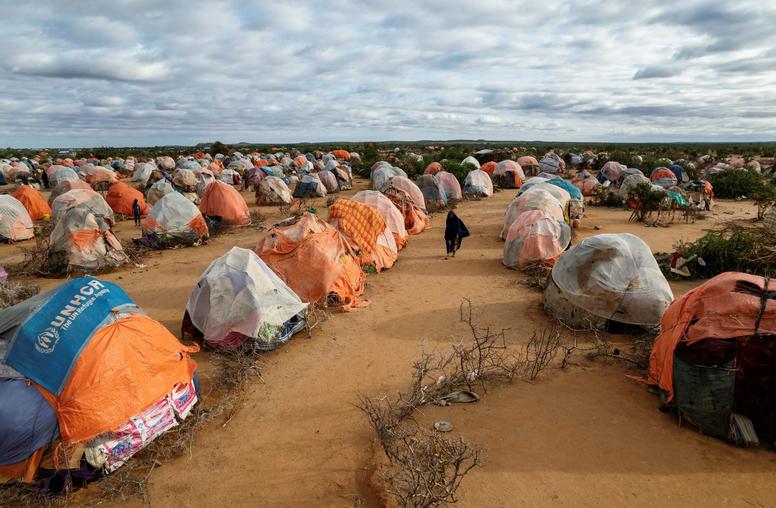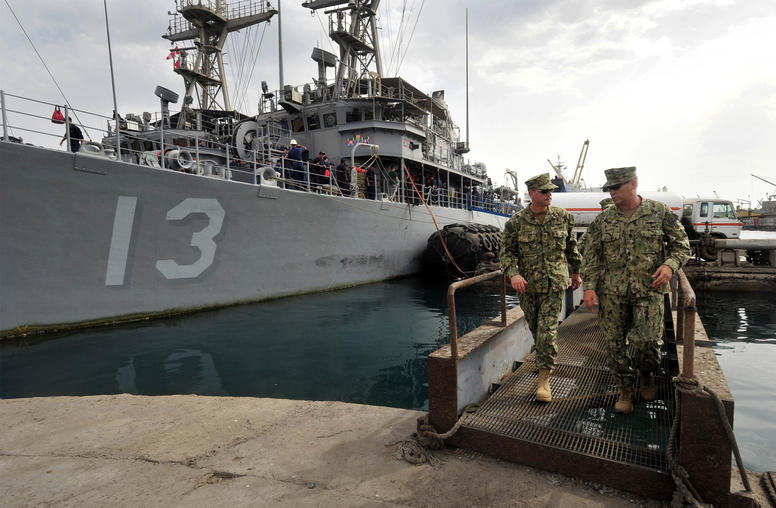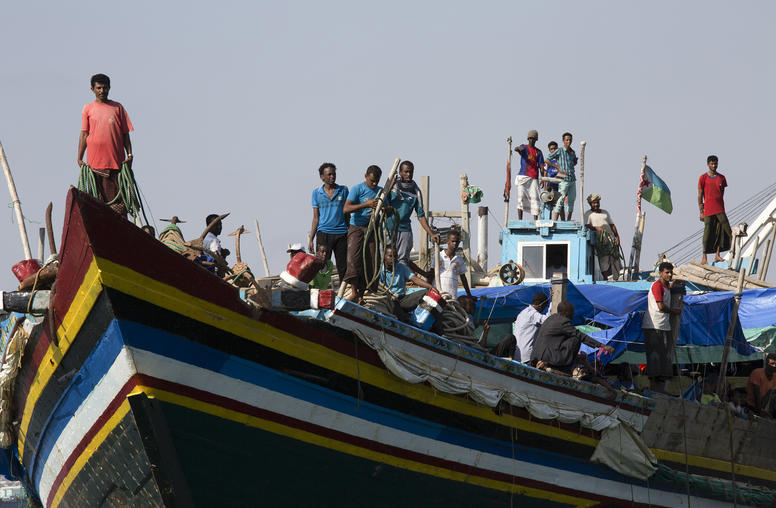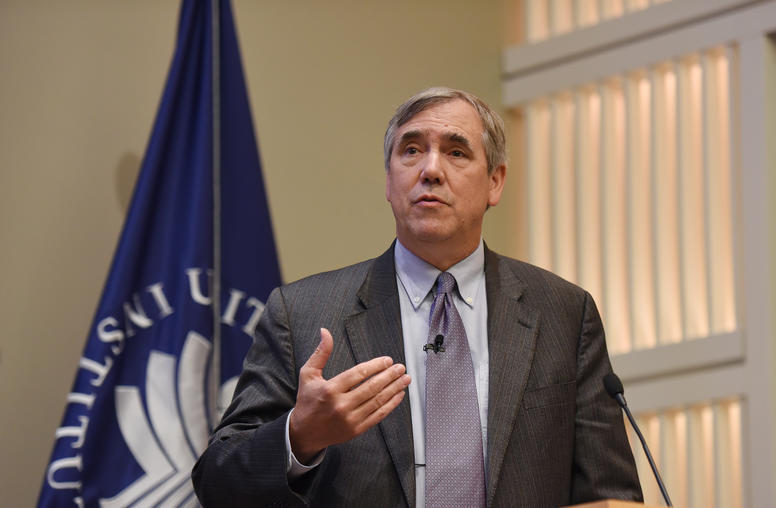Piracy and Peace in the Horn of Africa
Since January 2008, pirates operating off the Somali coast in East Africa have extorted an estimated $150 million in ransom payments from over 100 vessels, the largest being the Saudi tanker Sirius Star with its cargo of two million barrels of oil. The increasing frequency, aggressiveness and sophistication of these attacks have made the Gulf of Aden the world's most dangerous waterway according to the International Maritime Bureau's Piracy Reporting Center. Gangs of organized pirates operate with impunity even though warships from over six countries are in the region and both the U.S. and French have naval bases in the vicinity. Inadequate maritime security in this region has far-reaching implications. For example, piracy disrupts global trade (3.3 million barrels of oil daily), increases the cost of trade (higher insurance premiums, ransoms, and costly detours), undermines safe transport, and complicates prospects for peace in Somalia. Addressing piracy requires a two-pronged approach. A robust enforcement regime must be complemented by efforts to improve governance and reduce poverty in Somalia. While the European Union launched a naval initiative to provide "close support protection" for vessels transiting the Gulf of Aden in December 2008 called Operation Atlanta, relatively little has been done to address the plight of the pirates who operate in Somalia's territorial waters and find refuge in Somali ports like Eyl. The panel will discuss creative solutions to the legal, security, financial, political and socio-economic challenges that must be overcome. Recommendations for a comprehensive, lasting and effective strategy will also be considered.
Archived Audio
To listen to audio or to view video, please click on the links provided below. You also can right click on the links and choose "Save Target As" or "Download Linked File." This will save the file to your computer and then allow you to play it in your media player directly. More Audio Help.
- Listen to the audio from this event.
01:20:24 - 16.2MB
Speakers
- ADM Harry Ulrich (USN-ret.)
Distinguished Fellow, Center for Naval Analysis and
Former Commander, U.S. Naval Forces in Europe - Dr. David Smock
Vice President, Center for Mediation and Conflict Resolution, U.S. Institute of Peace - Raymond Gilpin, Moderator
Associate Vice President, Sustainable Economies, U.S.Institute of Peace



